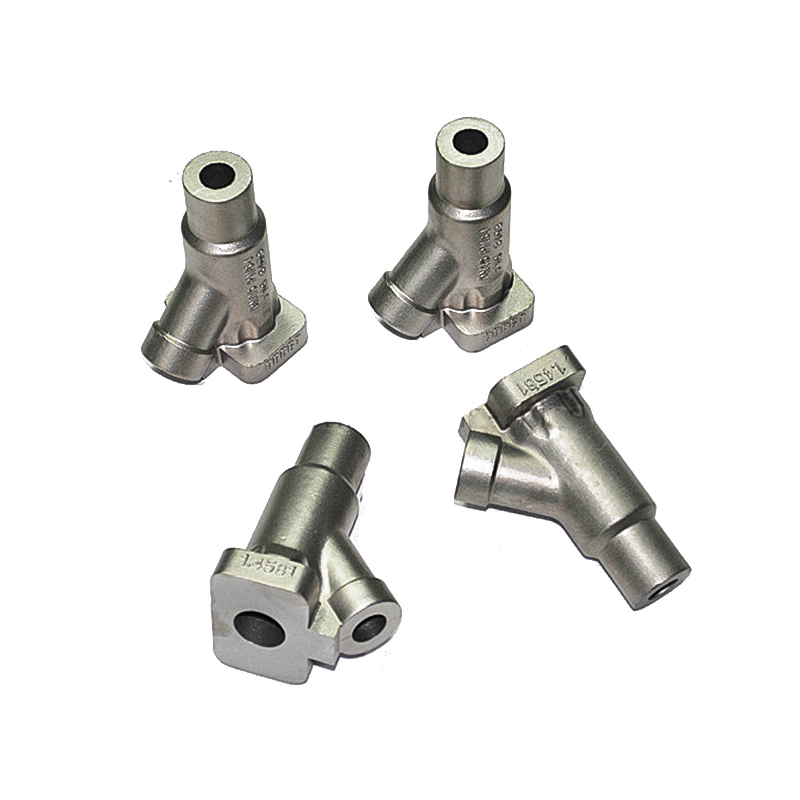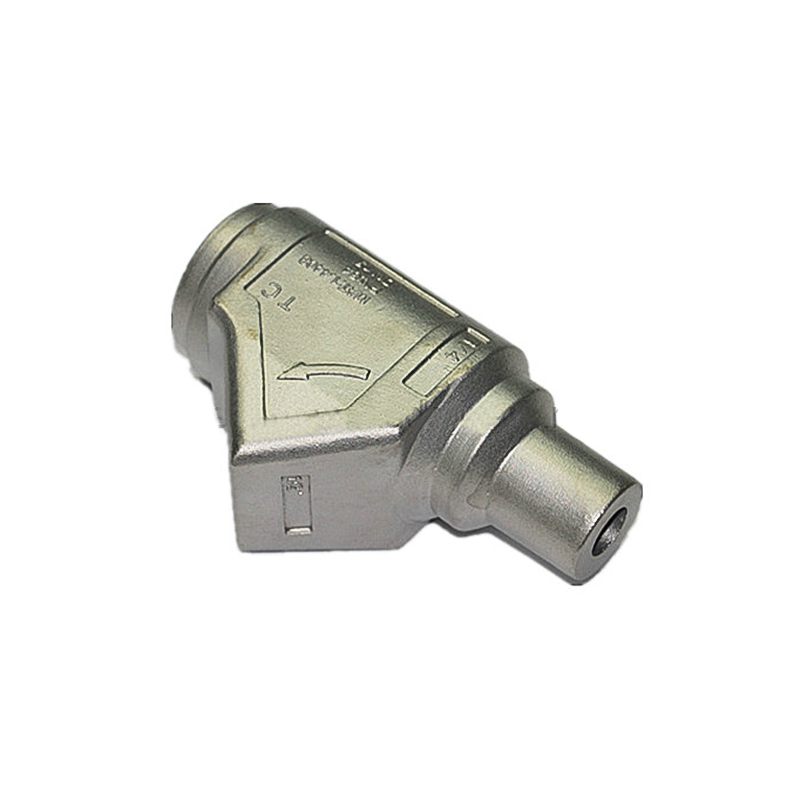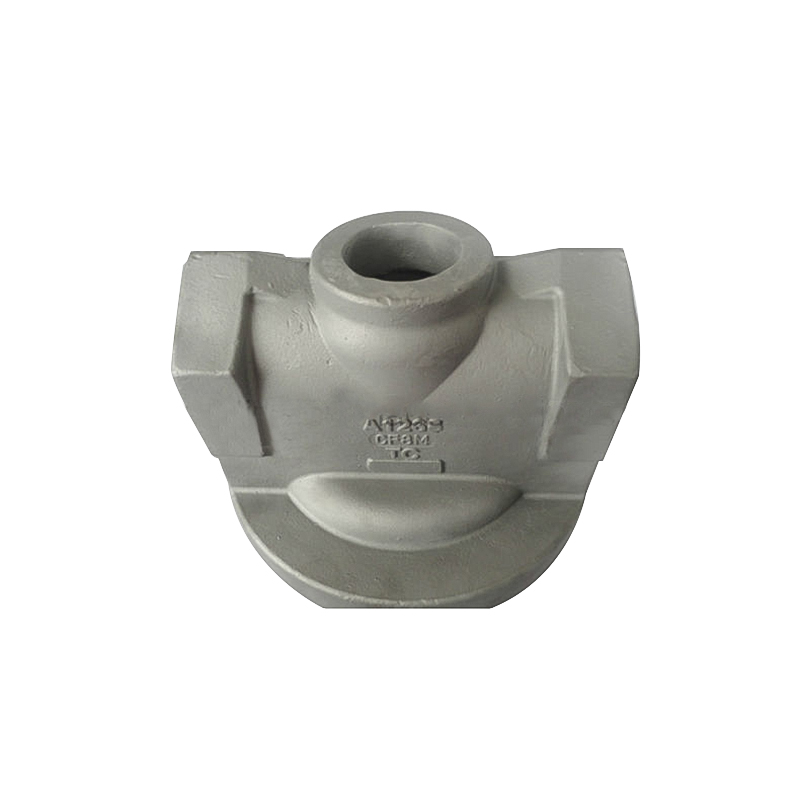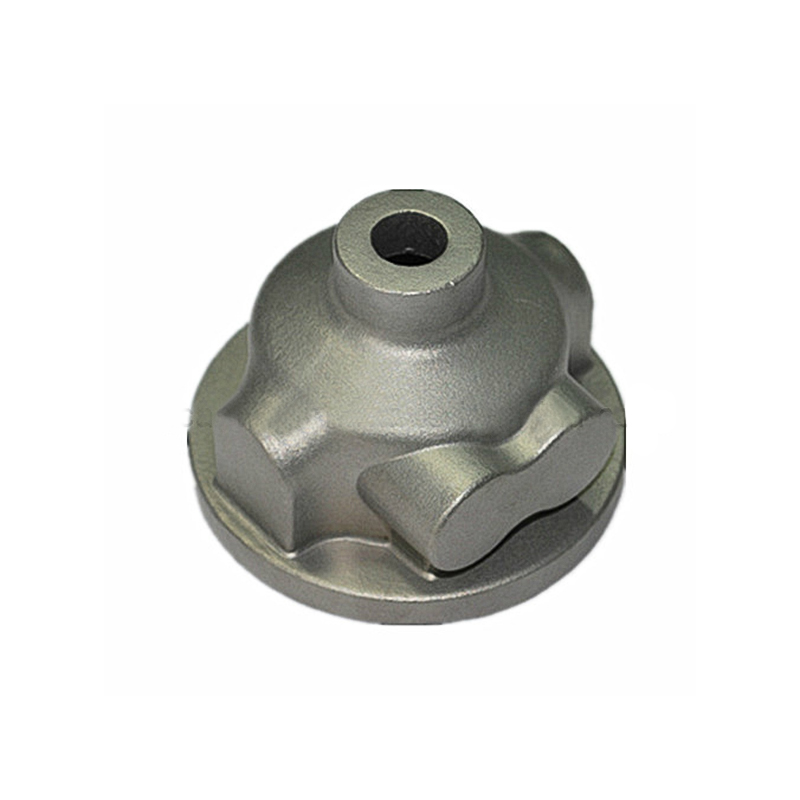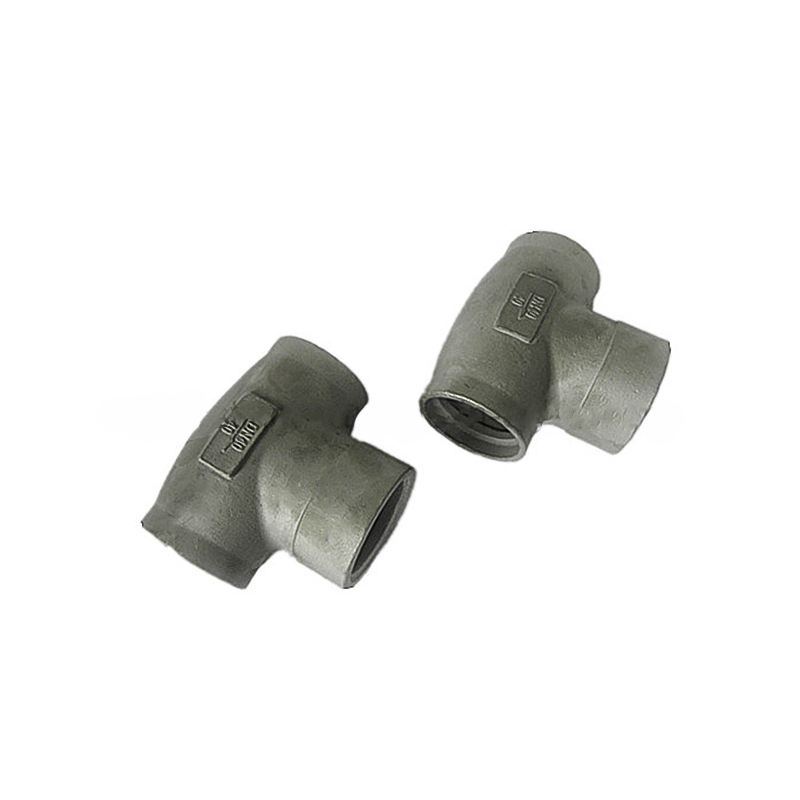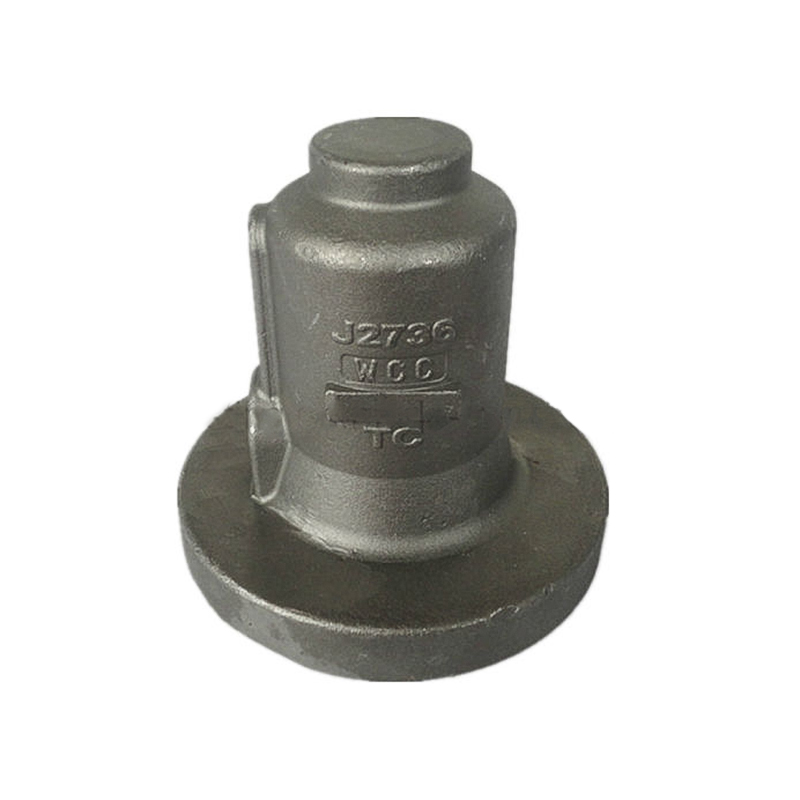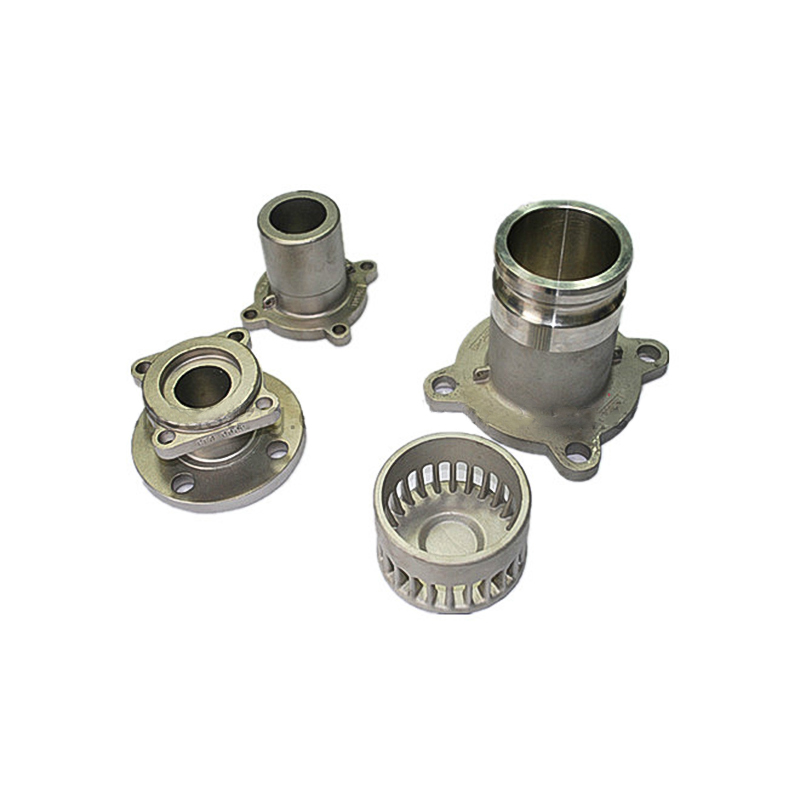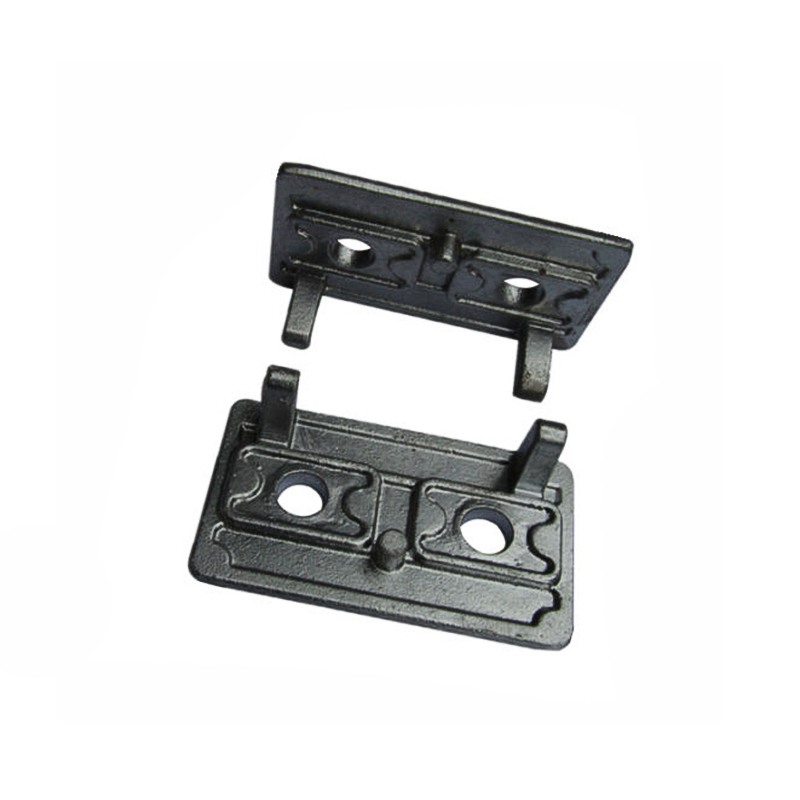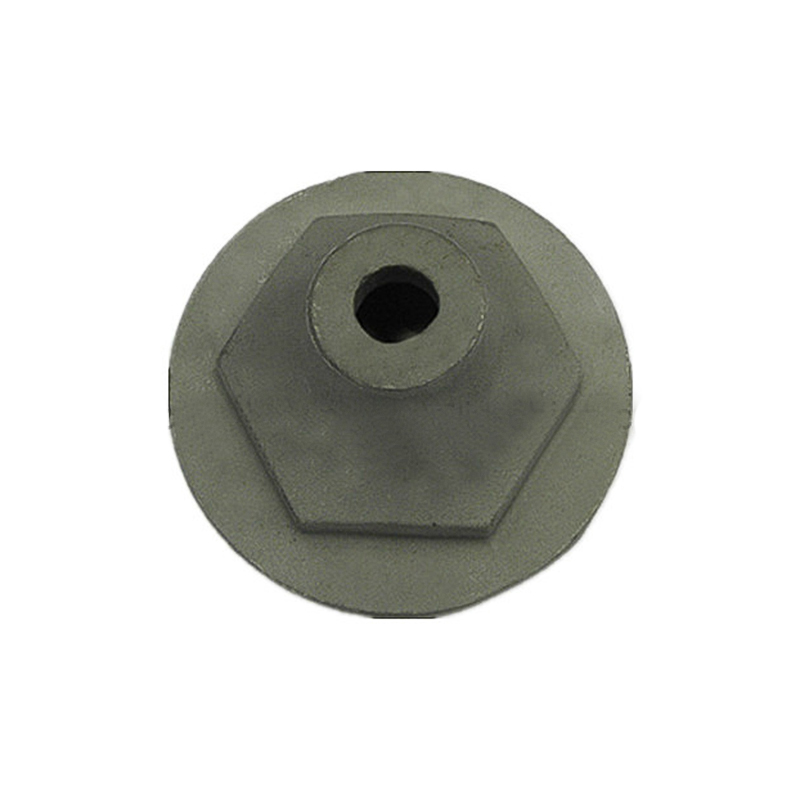How Precision Casting Factories Meet the Needs of Different Industries
With the continuous advancement of industrial technology, precision casting technology has become an essential component of modern manufacturing. Precision casting factories, leveraging their advanced production processes and superior technical expertise, are able to provide customized casting solutions for a wide range of industries. From automotive and aerospace to electronics and electrical power, precision casting factories are widely meeting the demand for high-precision, high-reliability components across various sectors.
Overview of Precision Casting Technology
Precision casting, also known as investment casting or lost wax casting, is a technique for manufacturing highly complex and high-precision metal components using precision molds and high-precision casting processes. This technique precisely controls temperature, pressure, and other parameters to produce components with precise dimensions and smooth surfaces. Compared to traditional casting methods, precision casting significantly improves casting accuracy and meets higher product standards.
Technical Features of Precision Casting
Precision casting relies primarily on high-precision molds, precise material selection, strict temperature control, and advanced casting equipment. Compared to traditional sand casting, precision casting significantly improves component dimensional accuracy and surface quality, reduces defects that may occur during the casting process (such as pores and cracks), and significantly enhances the mechanical properties and service life of castings.
The core advantage of precision casting lies in its ability to handle complex shapes and details. Many industries place extremely high demands on the structural complexity, precision, and surface finish of castings. Precision casting factories ensure that every casting meets our customers' high standards through sophisticated mold design and strict process control.
Material Selection and Application
Precision casting can utilize a variety of metal materials, typically including aluminum alloys, steel alloys, stainless steel, titanium alloys, and nickel-based alloys. These materials offer excellent mechanical properties and high-temperature and corrosion resistance, making them suitable for the production of key components in industries such as aerospace, automotive, and electronics. For example, aluminum alloys are commonly used in the automotive and electronics industries, while stainless steel and titanium alloys are widely used in high-precision mechanical parts and aerospace.
Material selection for precision casting requires consideration not only of physical properties but also of the final product's intended use environment and process requirements. For example, in the aerospace industry, castings typically require enhanced resistance to high temperatures and corrosion, while the automotive industry prioritizes lightweight materials and high strength.
Process Flow
The precision casting process typically includes the following key steps:
Mold Design and Manufacturing: Based on the complexity of the part, the precision casting factory uses computer-aided design (CAD) technology to precisely design a mold that meets high-precision requirements.
Wax Pattern Making: As the core component of precision casting, the wax pattern is precisely controlled to ensure the high precision of the final product.
Coating and Drying: The wax pattern is coated with a fine, high-temperature resistant coating to increase its strength and durability.
Melting and Pouring: The metal material used in the casting process is melted at high temperatures and then precisely poured into the mold to form the desired shape.
Cooling and Demolding: After the casting cools, it is removed from the mold and subjected to post-processing procedures such as dewaxing and cleaning.
Precision Machining and Inspection: Finally, precision machining is performed to ensure that the surface quality and dimensions of the casting meet the required specifications, and necessary quality inspections are performed.
Application of Precision Casting Technology in Various Industries
Precision casting technology, due to its high precision and high quality, is widely used in various industries. Different sectors have varying performance requirements for castings, and precision casting factories can provide customized casting solutions tailored to these needs.
Automotive Industry: Ensuring Safety and High Performance
The automotive industry has extremely high requirements for casting precision, and precision casting technology is often used to produce key components such as engines, transmissions, and brake systems. The quality and performance requirements of these components are directly related to the safety and reliability of the entire vehicle. Through precision mold design and temperature control technology, precision casting factories are able to produce aluminum or magnesium alloy castings with high dimensional accuracy and high strength, meeting the dual requirements of lightweighting and high performance.
Aerospace Industry: Ensuring High Component Reliability
The manufacturing requirements for aerospace components are extremely stringent, and even the slightest defect can have catastrophic consequences. Precision casting technology is widely used in the production of aircraft engine components, turbine blades, and structural parts. By utilizing high-performance materials such as titanium alloys and nickel-based alloys, precision casting factories are able to produce components with extremely high strength and high-temperature resistance, ensuring reliable operation of aircraft and spacecraft in extreme environments.
Electronics Industry: Providing High-Precision and High-Quality Components
With the continuous trend toward miniaturization and integration of electronic products, precision casting technology has become an ideal choice for manufacturing small, precision components in the electronics industry. Whether it's mobile phone cases, heat sinks, or precision components in computer hardware, precision casting factories can provide high-precision, high-quality castings, ensuring product performance and stability. Using high-precision materials such as aluminum alloys and copper alloys, precision casting factories ensure optimal strength and thermal conductivity for electronic components.
Power Industry: Meeting High-Load Operation Requirements
Equipment components in the power industry are often subjected to heavy loads, and precision casting technology provides a solution for these high-strength, high-temperature-resistant components. Especially in the manufacture of substations, high-voltage equipment, and generators, precision casting ensures long-term, stable operation of components. By utilizing corrosion-resistant materials such as stainless steel and alloy steel, precision casting factories provide enhanced safety for power equipment.
Mechanical Equipment Industry: Driving Smart Manufacturing Upgrades
With the rapid development of smart manufacturing, the requirements for precision and reliability in mechanical equipment components are increasing. Precision casting factories provide the mechanical equipment industry with high-precision castings made of materials such as aluminum alloys and steel. These are widely used in automation equipment, robotics, and shock absorption systems. The high strength and precision requirements of these components are directly driving the upgrade of mechanical equipment towards intelligent and automated applications.
How Precision Casting Factories Meet the Needs of Different Industries
Precision casting factories can provide customized casting solutions tailored to the specific requirements of various industries. These factories not only possess advanced production equipment but also ensure that each product meets industry standards through precise process control and rigorous quality inspection.
Customized Design: Precision casting factories typically possess strong design capabilities and can customize casting molds to meet customer requirements, ensuring that the component's size, shape, and performance fully meet industry requirements.
Material Selection: Precision casting factories select appropriate casting materials based on the characteristics of each industry, ensuring that each component's mechanical properties, corrosion resistance, and high-temperature resistance meet the specific application requirements of the industry. Quality Assurance: Precision casting factories are usually equipped with advanced testing equipment to conduct strict quality inspections on each casting to ensure that there are no flaws and defects and that they meet high-precision and high-quality requirements.



 English
English Deutsch
Deutsch 简体中文
简体中文
